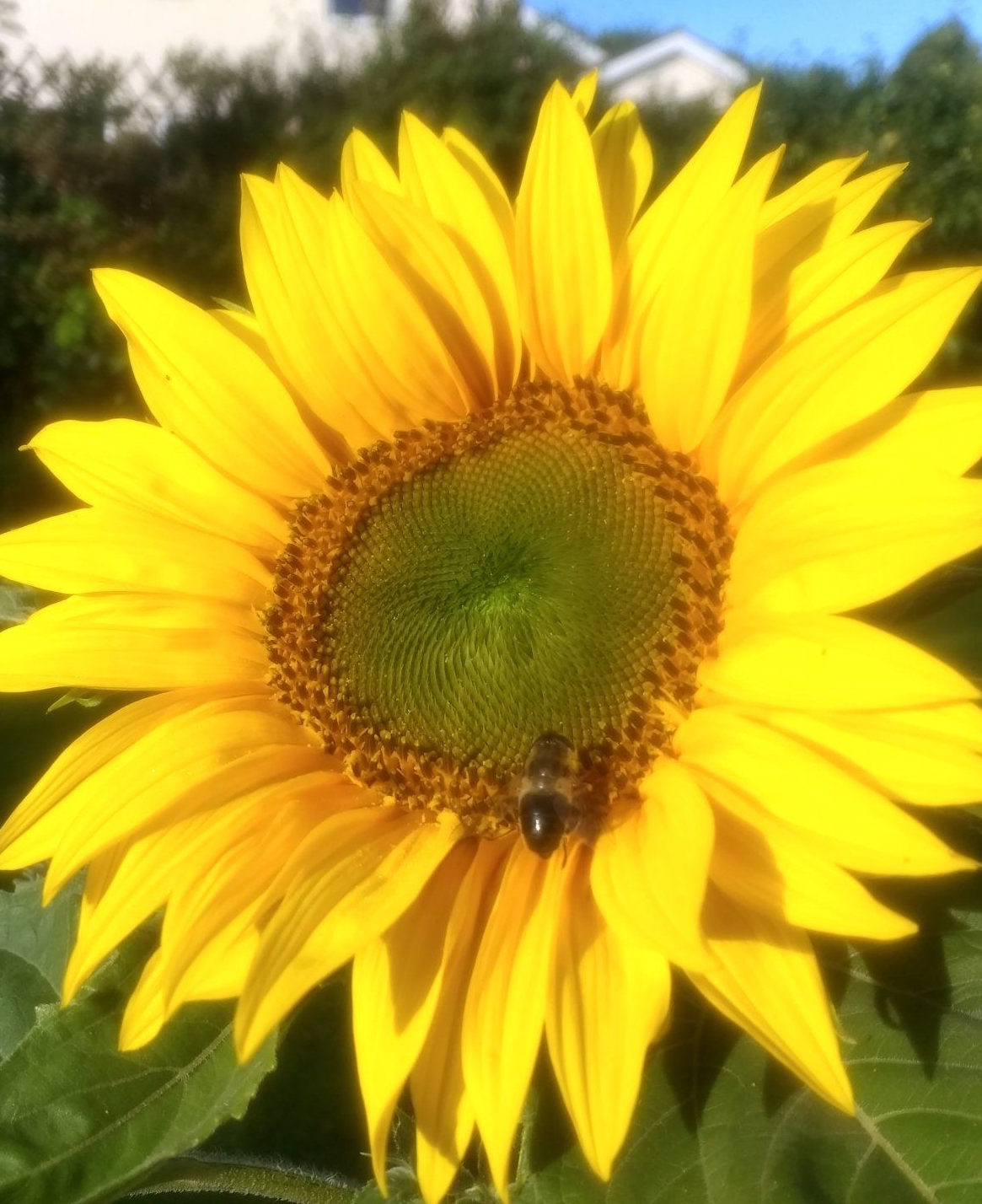Why is it so hard to be kind to yourself?
Kate Graham • July 12, 2021

Why is it so hard to be kind to yourself?
First one, then another, then a third client asked me this over the last week. Accompanied with “and how do you even do it?” They got me thinking.
It can seem hard to be kind to yourself. Even counter intuitive at times, and certainly a bit different to the ways many of us have been brought up. It can sound a bit woolly and wet. And what does being kind to yourself really mean? How do you know when you are doing it?
Why does being kind to ourselves matter?
Learning to care and nurture ourselves, to have compassion for ourselves is one of the key journeys in psychotherapy. So often, we damage ourselves by our reaction to what we are feeling, rather than by the feeling itself. So we get anxious about something, and then we feel anxious about being anxious, a double whammy that ramps up the impact. When we can feel compassion for ourselves, be kind to ourselves, we just have to cope with the emotion that is being felt, which is easier.
When we are kind to ourselves it is easier to be truly kind to others, and to accept others’ kindness and love. Put simply though, its not much fun living with someone who is mean to you – and that’s what many of us do to ourselves. Being kind to ourselves, and to others, is a recipe for happiness.
What does being kind to ourselves mean?
It can be pretty easy to know when you aren't being kind to yourself, when you are beating yourself up, when you compare yourself to others, set impossibly high standards for yourself, talk to yourself harshly and judge yourself critically. So if it is the absence of these things, what is there instead?
When we are kind to other people, we pay them attention, we offer warmth, affection, generosity, without judging whether the circumstances necessarily merit it. Kindness isn’t a reward for good behaviour, or because we want something. We are considerate. We think of actions that the other person will appreciate, and we give without expecting anything back. We are open to celebrating their success without feeling that it takes something away from us. Being kind is an action of abundance, not rationed or scarce.
Why is it difficult to apply this to ourselves?
It can be really hard. It takes precious time. If we try to pay ourselves attention, feel generous towards ourselves, look at ourselves with affection and compassion, a whole bunch of blocking beliefs may get activated, such as:
• I don't deserve kindness
• I did something really stupid and I don't want to do it again
• I'm lazy, I need to push myself and keep nagging at myself
• If I'm kind to myself there wont be any left over for being kind to other people
Each of us has a set of old beliefs that we have established over our lives, usually from childhood, beliefs that seemed helpful then, to make sense of the world around us, and protect ourselves. Sometimes we can be angry with the whole idea:
• Yes but- I want someone else to look after me and care for me!
There is a yearning in many of us to be nurtured and looked after, often with its roots in our very early childhood. The reality of doing this for ourselves is one of the challenges of growing up. And whilst we hope others will look after us and nurture us, our capacity to love others, and to accept their love for us is enhanced by our capacity to be kind to ourselves.
How do I change these old beliefs?
Sometimes just recognising them for what they are is enough. Sometimes we need to recognise how they have helped us over the years, helped us to succeed, or protected us. We can then look at whether they are still valid, necessary and useful to us now, in part or wholly. You may find you need to do a complete audit and spring-clean of the rules that governed your upbringing!
Encourage yourself: It is likely that you are good at some aspects of self kindness, and not so good at others. So you might be good at noticing when you need to go to bed early and actually do this, or treat yourself to a comforting bath, but still be a sucker for comparisons, getting wound up by a friend cycling up the hill way faster than you, or be highly self critical.
Do notice what you are doing well and celebrate this!
We all respond well to encouragement, and just because you can do something well isn’t a reason for not celebrating it, more a reason for understanding how you do it.
A route map
starts with paying attention to yourself.
1.
Stop,
take a few breaths and pay attention to your thoughts, your feelings, any sensations in your body.
2.
Notice
if your position is kinder or less kind to yourself , e.g. “ I'm really doing the best I can here, or I'm wrong, I'm embarrassing myself again…
3.
Breathe
- try 5: 5 : 5 breathing, where you breath in for 5, hold for 5 and out for 5, several times. Notice as you become calmer
4.
Question your position: is it useful, relevant, helpful to this situation?
5.
Congratulate or offer–
well done! Or might an alternative view be more helpful?
If you do this with a therapist they will help you listen to different parts of yourself, and what they have to say. So when an angry part of you protests that
“this is so indulgent” we can hear that part together, and be curious about what it is really protesting about. And at the same time, we can notice how you are being increasingly kind to yourself, and feeling happier as a result.
My violin teacher was very helpful. When I was struggling to learn a particular sequence of notes and starting to feel a bit stupid, and that it might all be too difficult, she said “make these notes special, play each one as if it is really special.“
And to my surprise this transformed these notes, and they became the most interesting part of the tune, the bit that really brought it all to life. It is the parts of ourselves that we struggle with, that are often where our deepest strengths and resources lie. Just waiting for us to be kinder to them and let them grow.
Good luck!
(c) Kate Graham February 2021 First published in Counselling Directory https://www.counselling-directory.org.uk/memberarticles/why-is-it-so-hard-to-be-kind-to-ourselves

